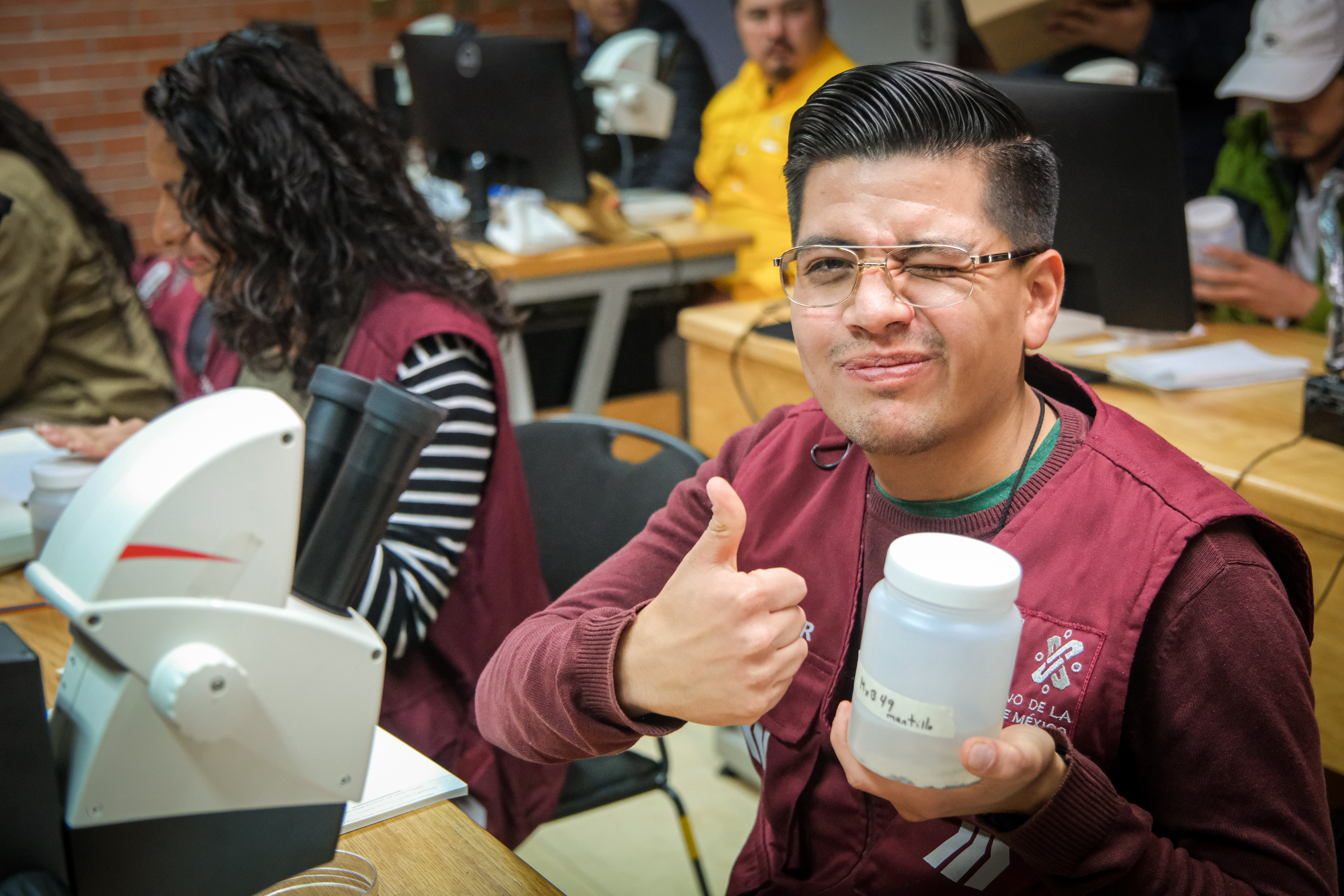The Positive Impact of the Altépetl Bienestar Program on Soil Microbial Diversity in Agroecological Transition Plots
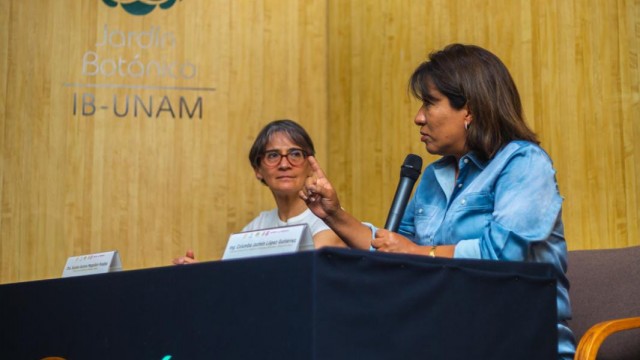
In December 2023, the Commission for Natural Resources and Rural Development of Mexico City (DGCORENADR) and the National Autonomous University of Mexico (UNAM) signed a collaboration agreement to create the “Atlas of Soil Biodiversity of the Conservation Soil of Mexico City.” This project is part of the “Atlas of Soil Biodiversity of Mexico, a tool for research, teaching, and decision-making,” funded by DGAPA of UNAM, involving more than 77 researchers from 28 national institutions.
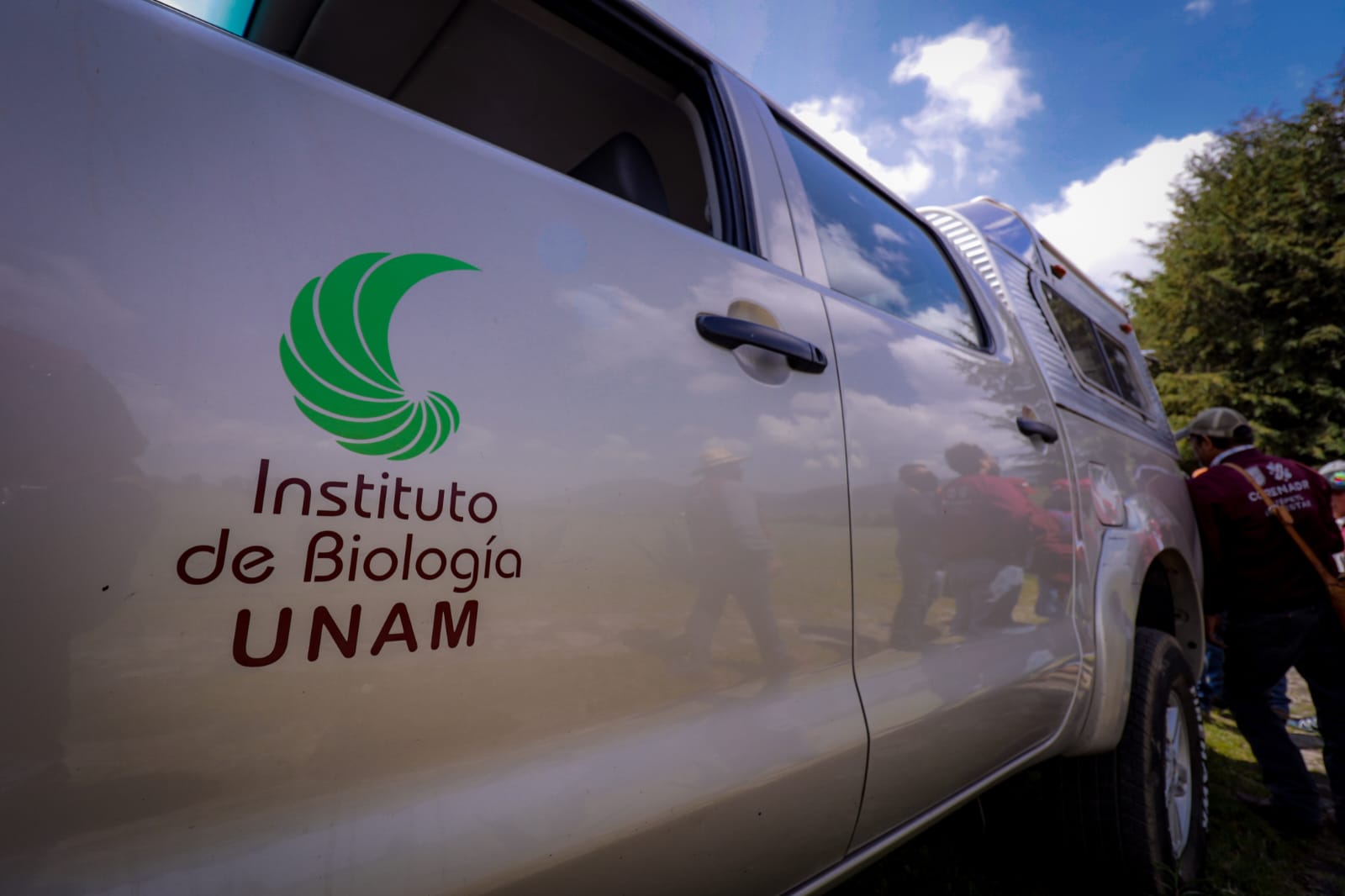
In collaboration with the agrarian communities of Mexico City, soil samples were collected from the nine Mexico City’s boroughs with Conservation Land, with the involvement of 35 DGCORENADR technicians. Genetic analyses identified bacteria in 50 soil samples from the Conservation Land of Mexico City, 24 of which were from natural ecosystems and 26 from agroecologically managed plots. The main objective of the study was to compare the genetic diversity of soil bacteria between plots and natural ecosystems and to evaluate whether public policies aimed at agroecological transition preserve soil microbial diversity and its functions.
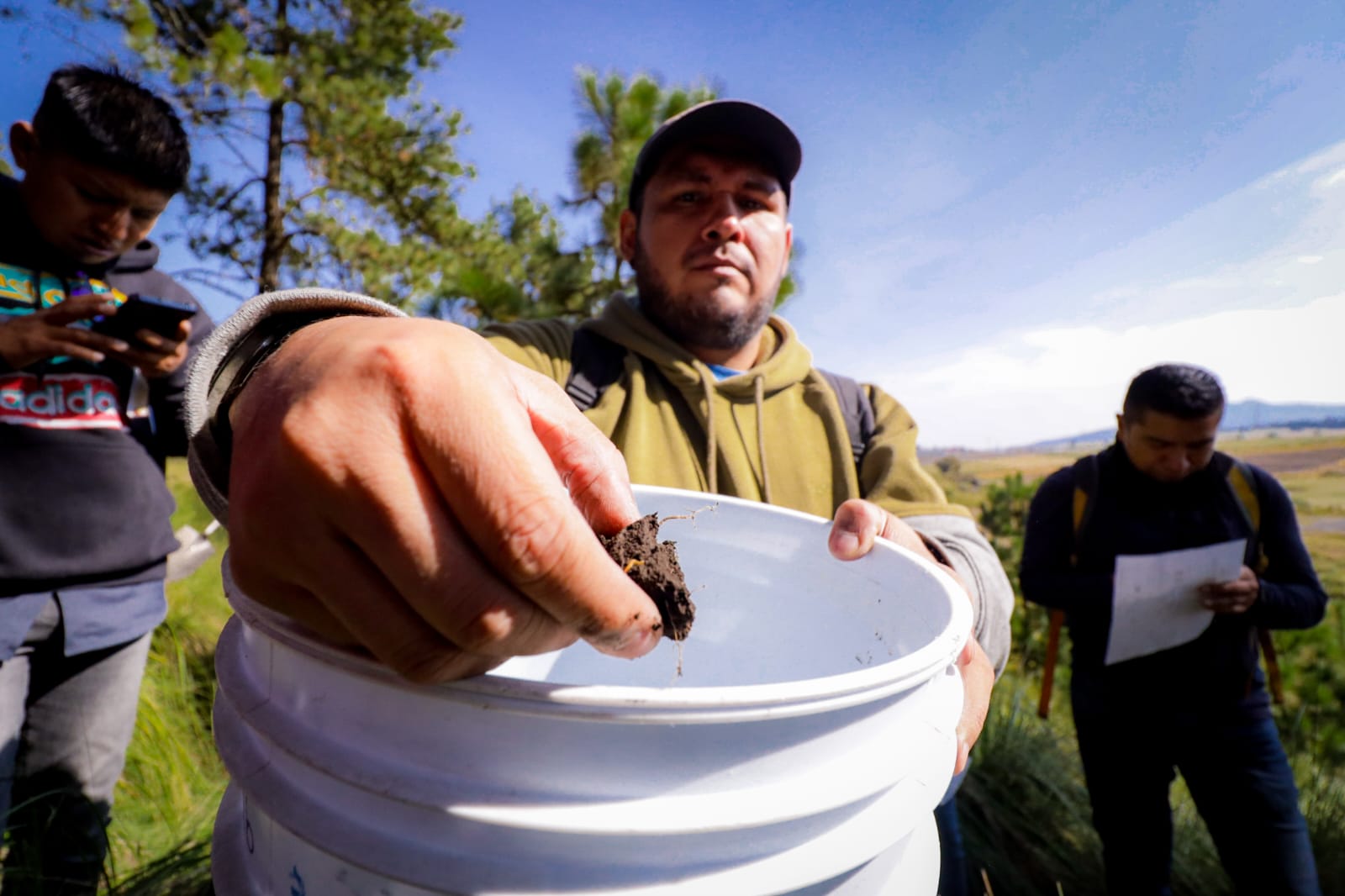
The study revealed remarkable microbial diversity, identifying 43,838 bacterial species belonging to 62 phyla, 406 orders, and 648 families. One of the key findings was that the diversity of bacteria in agroecologically managed plots was greater than in natural ecosystems. Furthermore, it was observed that the functional roles of soil bacteria in these plots remained intact. This suggests that the soils of agroecological plots preserve bacterial genetic diversity and potentially maintain the same microbial functions as the surrounding natural vegetation.
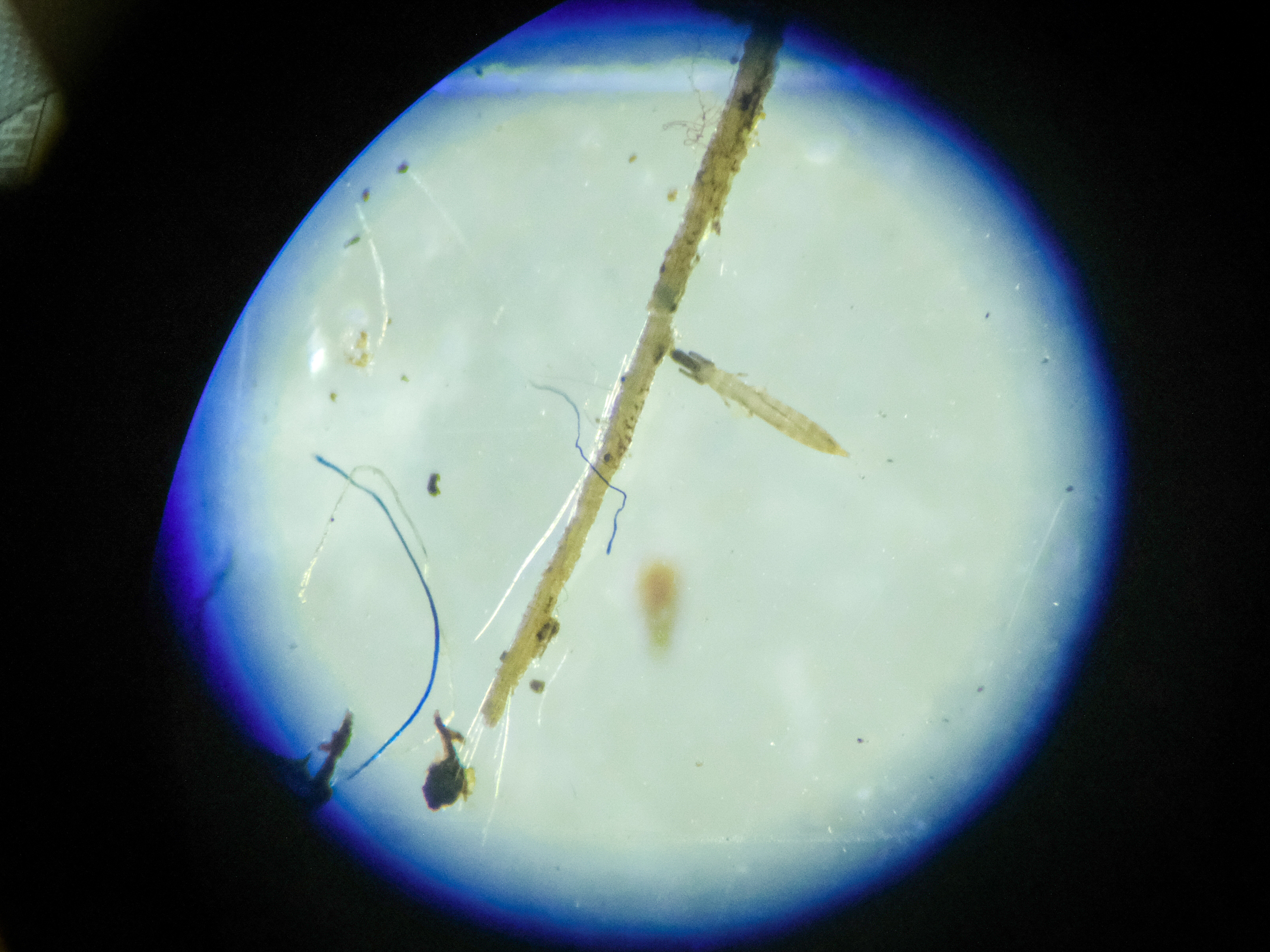
Since the soil samples correspond to agroecological plots supported by “Altépetl Bienestar” Social Program of DGCORENADR and comply with environmental standard NACDMX-002-RNAT-2019, the results align with the policy objectives that the Government of Mexico City has implemented through DGCORENADR. These policies aim to promote productive practices that favor biodiversity conservation, ecosystem preservation, and socio-environmental benefits. These practices, while reducing environmental impact compared to other conventional agricultural systems, also allow for the commercialization of healthy foods and the conservation of the genetic and biocultural resources of peasant communities, directly linked to agroecological practices.
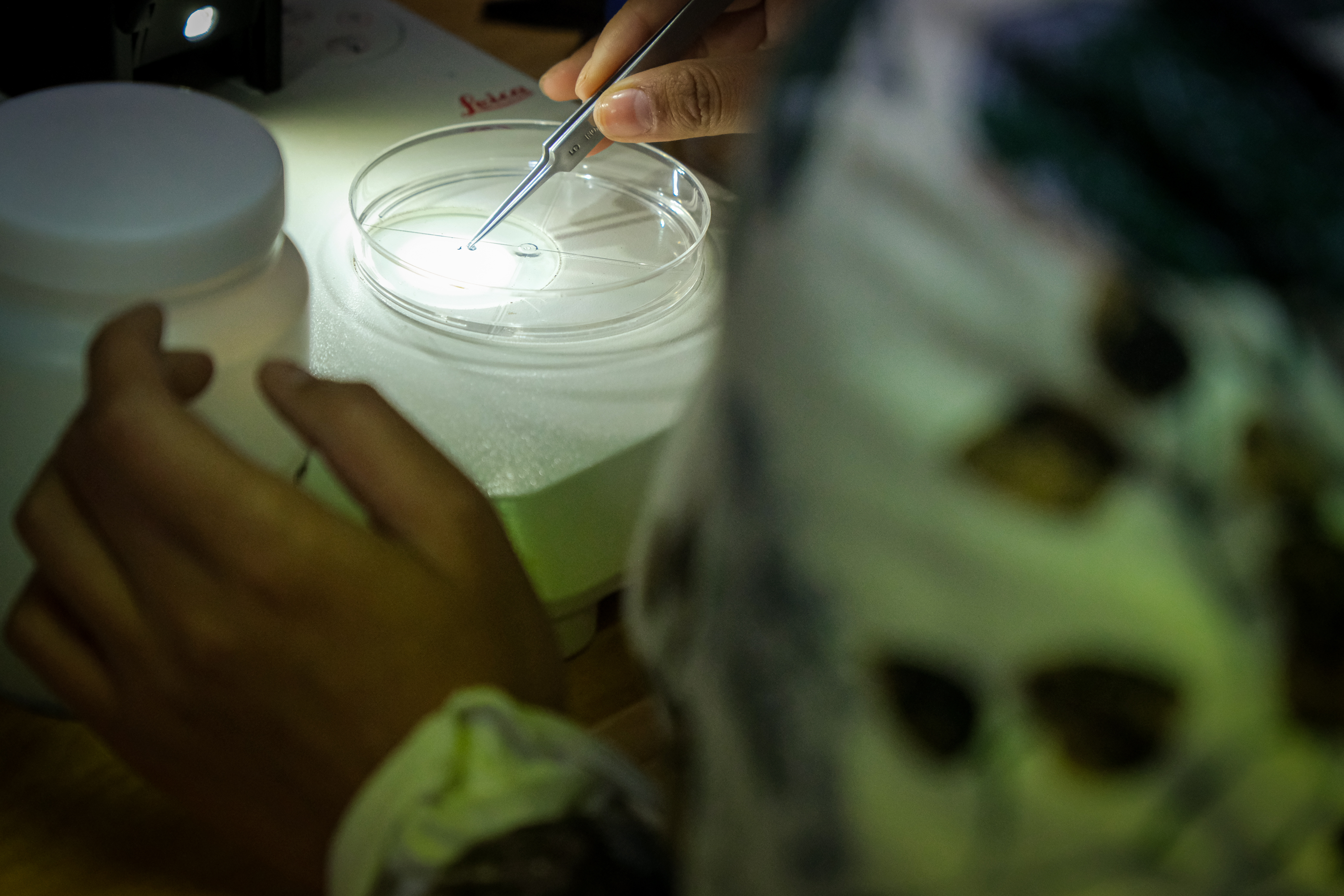
These findings complement the results reported by FAO-Mexico in their evaluation of the “Altépetl Bienestar” Program, which states that "through the conservation of ecosystem services and biodiversity in favor of food and agriculture within the Conservation Land of Mexico City, progress is being made towards the Sustainable Development Goals." Since this production model benefits both ecosystems and peasant communities in the Conservation Land of Mexico City, it is recommended that it be strengthened in future administrations, and that the monitoring of biological diversity continues.
